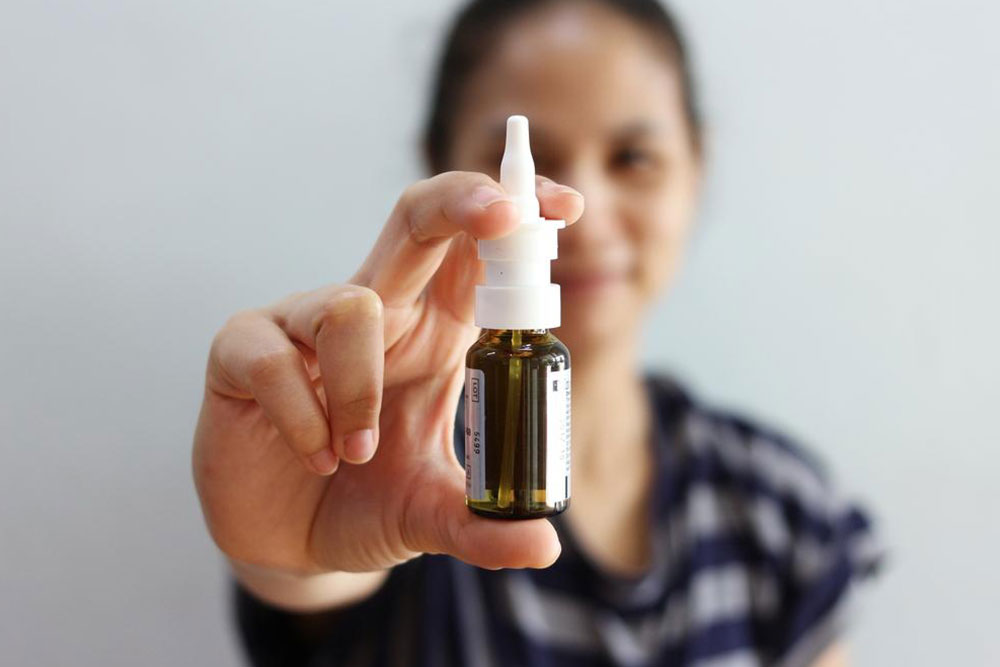Comprehensive Strategies for Managing Sinus Allergy Symptoms Effectively
This comprehensive guide provides effective strategies for managing sinus allergy symptoms through proper diagnosis, environmental controls, medication options, immunotherapy, and lifestyle changes. Learn how to reduce allergy triggers and improve your quality of life with expert tips and treatments.

Sinus allergies, commonly mistaken for flu or cold symptoms, are primarily due to allergic reactions triggered by environmental allergens rather than viral infections. Understanding the nuances between these conditions is essential for accurate diagnosis and effective treatment. Allergic sinusitis can significantly impair daily life if not properly managed, but with appropriate intervention, symptoms can be alleviated, providing relief and enhancing overall well-being.
Recognizing the differences between sinus allergy symptoms and those caused by infections is the first step toward effective management. Typically, sinus allergy symptoms include persistent nasal congestion, sneezing, itchy or watery eyes, post-nasal drip, and sometimes facial pressure or headache. Unlike viral sinus infections, allergic responses tend to be recurrent or chronic, often linked to specific environmental triggers such as pollen, dust mites, pet dander, mold, or air pollution. Accurately diagnosing sinus allergies involves medical assessment, including detailed patient history and specific tests such as nasal smears indicating elevated eosinophils or skin prick testing, which can identify sensitivities to particular allergens.
Once diagnosed, controlling environmental exposure to known allergens is crucial. Regularly cleaning living spaces, using high-efficiency particulate air (HEPA) filters, and reducing indoor humidity can help decrease allergen presence. Physical barriers like allergy-proof pillowcases and mattress covers can also provide additional protection against dust mites and pet dander. Identifying and minimizing exposure to pollen during peak seasons is essential, which may involve staying indoors during high pollen days, keeping windows closed, and using air conditioning with good filters.
Pharmacological treatments are often effective in managing sinus allergy symptoms. Non-sedating antihistamines such as Loratadine, Cetirizine, and Levocetirizine are commonly recommended as first-line therapy. These medications work by blocking histamine release, thereby reducing sneezing, itching, and nasal congestion. Short-term decongestants like Pseudoephedrine can provide quick relief for nasal congestion but should be used cautiously to avoid rebound congestion or adverse effects. Nasal corticosteroids, including Fluticasone, Mometasone, and Budesonide, are highly effective for reducing inflammation in the sinuses and nasal passages, especially when used regularly over several days.
In addition to medication, immunotherapy options have gained popularity for long-term allergy control. These include allergy shots (subcutaneous immunotherapy) and sublingual tablets such as Oralair. Immunotherapy works by gradually desensitizing the immune system to specific allergens, reducing the severity and frequency of allergic reactions over time. Patients often experience improved quality of life as their symptom severity diminishes, and the need for ongoing medication decreases. Discussing these options with an allergy specialist can help determine the most suitable approach based on individual allergy profiles.
Maintaining a healthy lifestyle also contributes significantly to managing sinus allergies. Regular nasal irrigation with saline solutions can flush out allergens and mucus, relieving congestion and promoting sinus health. Staying well-hydrated by drinking plenty of fluids helps thin mucus secretions, making them easier to clear. Implementing a balanced diet rich in antioxidants, vitamins, and minerals can support immune function, potentially reducing allergen sensitivity. Adequate sleep and stress management are equally important, as they strengthen the immune system and can lessen allergy symptoms.
For those suffering from chronic or severe sinus allergies, consulting an ENT specialist or allergist is advised. They can recommend advanced diagnostic tests or personalized treatment plans, including biologic therapies in some cases. Emerging treatments and ongoing research are continually improving allergy management options, making it easier for patients to achieve symptom control and lead active, symptom-free lives.
In conclusion, effective management of sinus allergy symptoms requires a multi-faceted approach, combining environmental control, appropriate medication, immunotherapy, and lifestyle adjustments. Early diagnosis and personalized treatment plans are essential for minimizing discomfort and preventing complications. With proper care and ongoing management, individuals with sinus allergies can significantly improve their quality of life and enjoy a healthier, more comfortable existence.





